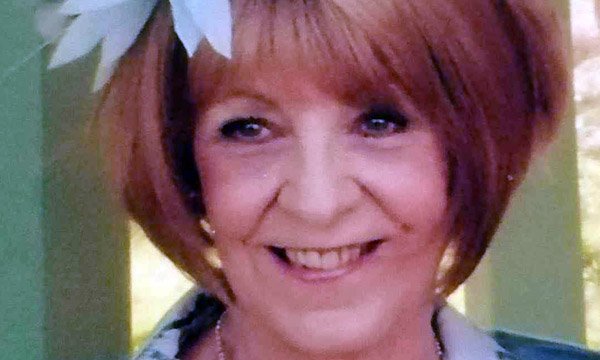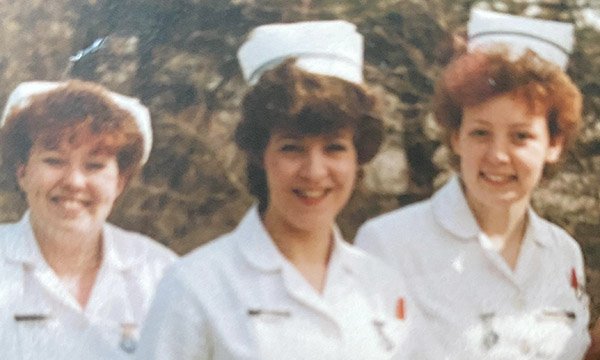Retired nurse died after DNACPR notes mix up, inquest finds

Coroner rules that neglect contributed to Patricia Dawson’s death in the ED, after staff confused her notes with those of another patient who had a DNACPR recommendation

A coroner has ruled that neglect contributed to the death of a patient in the emergency department (ED), after nurses read the wrong patient’s do not attempt cardiopulmonary resuscitation (DNACPR) recommendation.
Retired nurse Patricia Dawson, who worked in the NHS for 30 years, died after staff failed to carry out a basic wristband check to identify her, having confused her notes with those of another patient who had a DNACPR form.
Hospital staff followed DNACPR recommendation relating to another patient
Mrs Dawson was taken to the ‘overcapacity’ ED at Royal Blackburn Teaching Hospital in Lancashire via ambulance on September 19 2023 with abdominal pain and a national early warning score of 7.
Paramedics suspected she might have sepsis along with a bowel or stomach obstruction and called to alert the hospital.
After waiting more than an hour to be triaged by a nurse, Mrs Dawson went into cardiac arrest and was resuscitated. However, later when her heart stopped for a second time, nurses directed that CPR be withdrawn believing she had a DNACPR recommendation. In fact, staff had read the records of another patient, a man in his 90s.
Just minutes after Mrs Dawson died, a senior nurse informed her son of the mistake, after staff identified the error.
Coroner highlighted 13 failings that contributed to Mrs Dawson’s death
At an inquest on 15 April, Lancashire area coroner Kate Bisset highlighted a list of 13 failings that had contributed to Mrs Dawson’s death, including failure to identify her by her wristband number and failure to follow the DNACPR protocol.
She also ruled that if medics had attempted to resuscitate Mrs Dawson it was likely she would have survived.
In her narrative conclusion she said: ‘It was quickly realised after she had died that Patricia did not have a “DNACPR” in place and that resuscitation should have been attempted. However, it was sadly too late.’
The coroner ruled that neglect contributed to Mrs Dawson's death. She acknowledged the pressures on the ED, but said the failure to carry out basic care meant her loved ones were left to watch her die while no one helped her.
‘We believe that had she received the correct care, been put on the correct pathways and been treated in accordance with hospital policy that she would be with us today’
Family of Patricia Dawson
East Lancashire NHS Trust (ELT) said it has since implemented a number of changes to reduce risk, including a minimum nurse to patient ratio of one to five in the ED.

Family says nurse would have been ‘horrified’ by how the system failed her
Mrs Dawson’s family told Nursing Standard they did not want to lay blame on any individual, but hoped lessons would be learned from her death. ‘Our mum Patricia was devoted to her family and would do anything to help, characteristic of a long-serving, hardworking and caring NHS nurse,' they said.
‘Her nursing career lasted over 30 years, and we know that our mum would have been horrified by how the system she had given most her adult life to failed her at her time of greatest need. It’s catastrophic how she was failed, not by one individual, but the whole NHS Trust.
‘We believe that had she received the correct care, been put on the correct pathways and been treated in accordance with hospital policy that she would be with us today.
‘We need... changes in the NHS to stop departments being overcrowded and chaotic, so staff do not come into work pressured on a daily basis meaning these mistakes are made again.’
Trust ‘truly sorry’ and accepts coroner’s verdict
ELT executive medical director Jawad Husain said the trust accepted the coroner’s verdict, adding: ‘This is a tragic incident that should never have happened and for that we are truly sorry. We know there is nothing we can say to lessen the pain felt by Mrs Dawson's family.
‘We are grateful that the coroner recognised the difficult circumstances in our ED, as our team work so hard to provide care for all our patients.’
In other news

